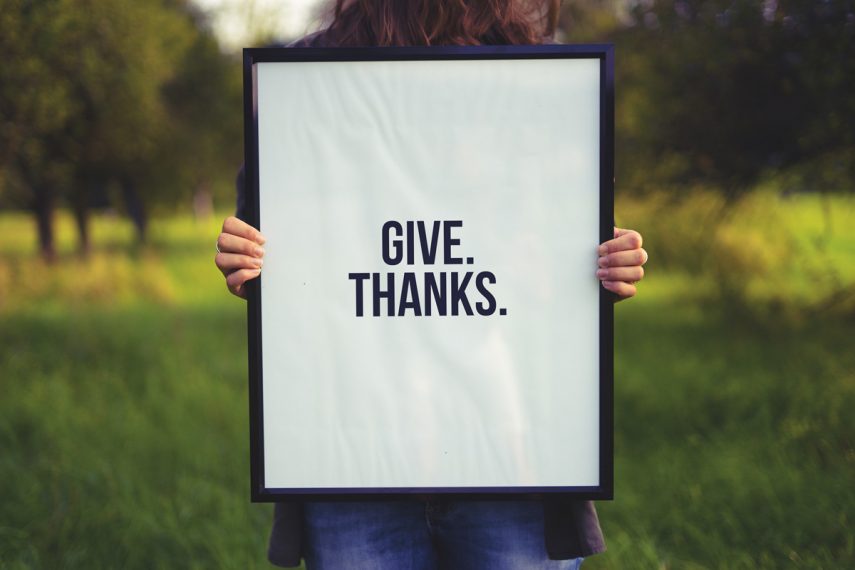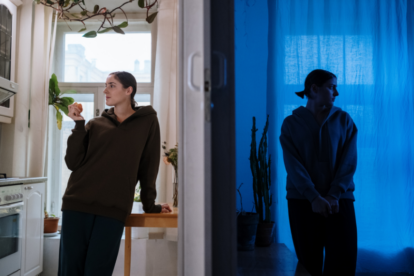Gratitude: The Healing Powers of an Attitude

As we quickly approach the Thanksgiving holiday, I have begun thinking about what I am grateful for in my own life and even more so I have been thinking about the power of gratitude in our daily lives.
Gratitude has been scientifically proven to be a powerful tool for decreasing depression and anxiety and has long been used by individuals in recovery from substance abuse as a daily skill and practice. Cultivating an attitude of gratitude has also been empirically validated to improve life satisfaction, physical well being, and overall happiness. So how do we cultivate and use this in our treatment with individuals suffering from depression, anxiety and dual diagnosis?
Here at BrightQuest we encourage individuals to actively notice and use gratefulness on a daily basis. In my work with individuals, I often prescribe a daily gratitude list, which simply means taking a few minutes every day to write down five or more things that they are grateful for in their lives. I often get annoyed looks with I first give this assignment and individuals whom are struggling with depression and addiction say: “My life sucks, I don’t find happiness in anything right now, and there is no way that I can write down five things.” My response is usually something like, “Yes, I know it sounds difficult but let’s just experiment with this, let’s try it for a week. And remember you can write down anything you were grateful for throughout the day, including little things—someone smiled at me, my roommate made a delicious dinner, I related to the speaker at my 12-step meeting.” Clients seem surprised that these little things are “allowed” on their list! When my clients return the following week they almost always say that the assignment was easier than they expected and that they did not realize how many things they had to be grateful for throughout the day. And most people want to continue the assignment after the “experiment” is over! Why? Because being grateful is a powerful tool in changing our thinking and thus the way that we feel emotionally; it just feels good to bring our attention to the positives. In addition, we often find through our gratitude lists that we are connected to many things that are bigger than us, whether that be: other people, our community, nature, or a higher power. Remember, gratitude is an appreciation for the things in our life both tangible and intangible.
Another way that we cultivate gratitude at BrightQuest is through acknowledgments. During our weekly Community Meeting clients are given an opportunity to recognize one another’s work on a group level and also thank one another for any support they were given throughout the week. This time during the week gives space to noticing what we appreciate in others and how they have positively influenced our daily life.
So this holiday season and into the new year, I plan to foster an attitude of gratitude for myself and will invite the BrightQuest community to do so as well!
Emmons RA, et al. “Counting Blessings Versus Burdens: An Experimental Investigation of Gratitude and Subjective Well-Being in Daily Life,” Journal of Personality and Social Psychology (Feb. 2003): Vol. 84, No. 2, pp. 377–89.



